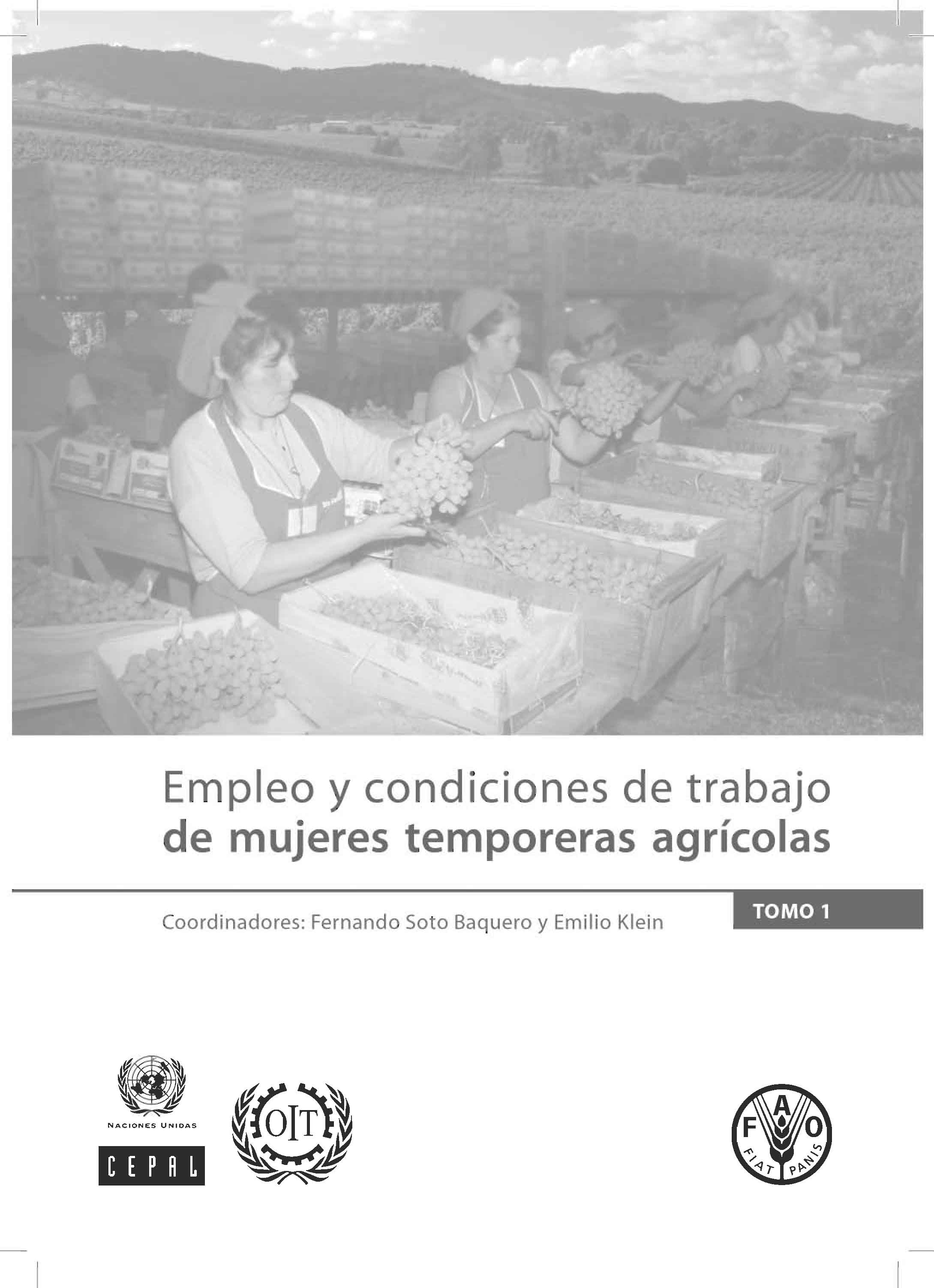The impact of PROGRESA on women's status and intrahousehold relations
Since 1997 Mexico has provided poor families with cash benefits linked to children’s school attendance and regular clinic attendance, as well as in-kind health benefits and nutritional supplements, through the Programa Nacional de Educación, Salud y Alimentación (PROGRESA). Unlike previous social programs in Mexico, this nationwide antipoverty program targets transfers to the mother of the family.












